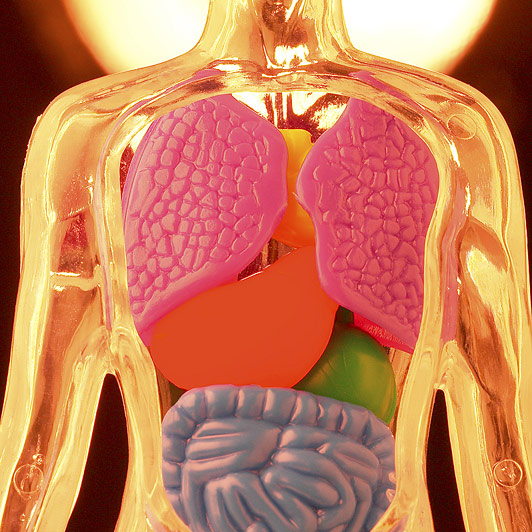
TUESDAY, Nov. 8 (HealthDay News) — The reversal of a kidney allocation policy has improved black patients’ chances of receiving a new organ from a deceased donor, U.S. researchers say.
Until 2003, the United Network for Organ Sharing (UNOS) gave priority to potential recipients who had a genetic match with the deceased donor in terms of HLA-B, an antigen involved in the body’s immune response to foreign tissue. HLA-B similarity tends to be race-based.
But this policy, combined with a higher number of white donors, meant that white patients were much more likely than blacks to receive deceased donor kidney transplants (DDKT).
Johns Hopkins School of Medicine researchers examined data from nearly 179,000 patients on the kidney transplant list and found that blacks were 37 percent less likely than whites to receive a DDKT before the policy reversal in 2003, compared with 23 percent less likely after the change.
The study is published in the November issue of the American Journal of Kidney Diseases.
While the gap between blacks and whites has narrowed, a significant disparity remains and is likely due to factors involving patients and caregivers, the researchers noted.
“For example, a patient may be reluctant to accept certain organ offers, or there may be geographic disparities involved,” study senior author Dr. Dorry Segev said in a news release from the National Kidney Foundation.
“Another possibility is the conventional thinking that African Americans do better on dialysis than Caucasians. If a patient or his physician feels that he will do just fine on dialysis, he will be more reluctant to accept the up-front risk of the transplant. Studies have found that while this is true in older patients, it is actually the opposite in younger ones. Younger African Americans do far worse on dialysis than their Caucasian counterparts,” Segev said.
Kidney failure is more common among blacks (783 per million) than among whites (295 per million). Currently, nearly 90,000 Americans are waiting for a kidney transplant, according to the National Kidney Foundation.
More information
The U.S. National Institute of Diabetes, Digestive and Kidney Diseases has more about kidney transplantation.

